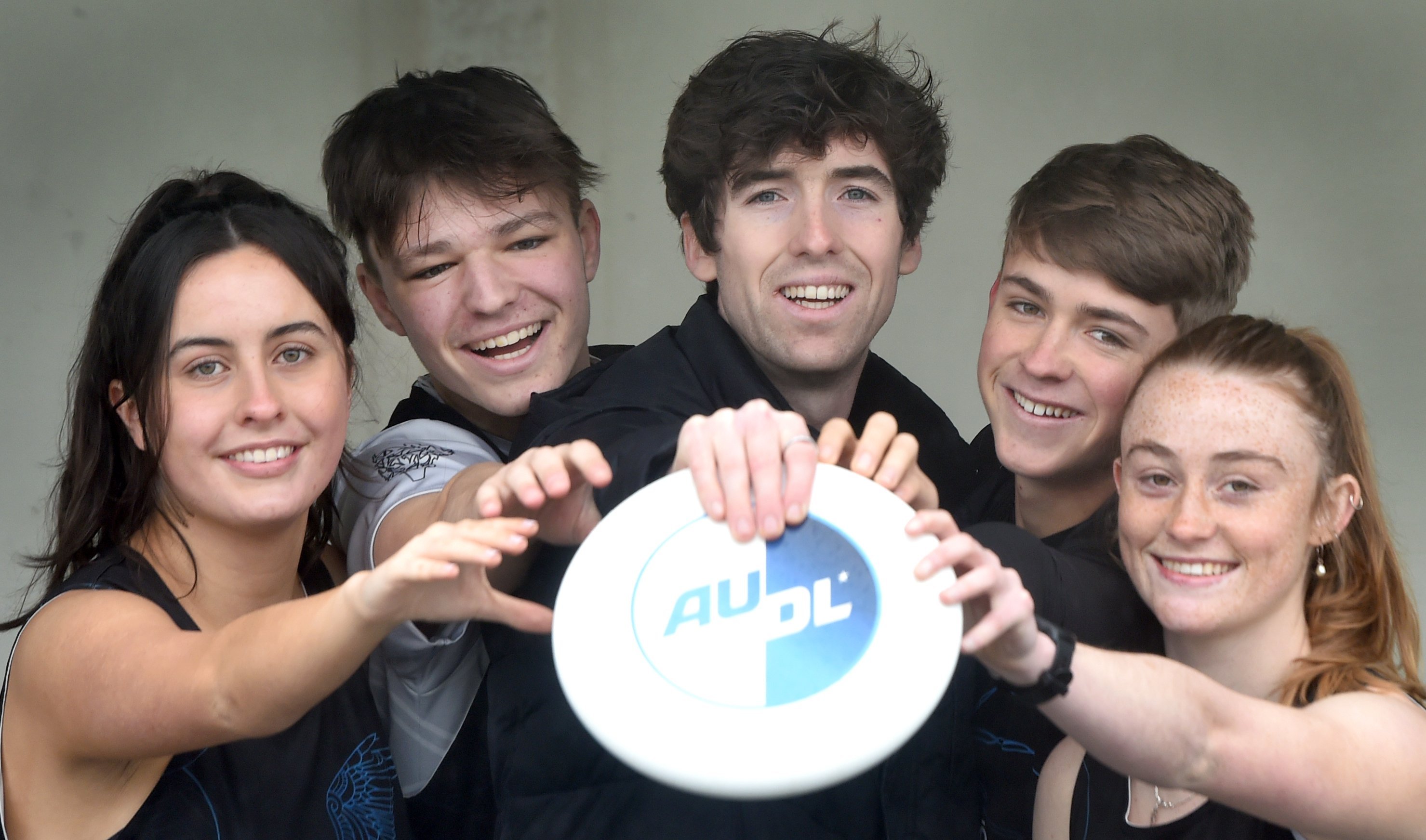
Catrin Ogilvie, Lily-Belle Sawyer, Hugo Swinson and Joshua Cooper will leave for Poland on Friday.
There they will represent New Zealand at the under-20 ultimate frisbee world championships.
The quartet are among the pinnacle of a growing local scene in the sport — in which teams throw a frisbee to each other in a style similar to netball, the goal being to catch a pass in your end zone.
However, next month they will mix with the world’s best among the 18 men’s and 10 women’s teams at the under-20 championships in Poland.
While the sport had both social and competitive elements locally, the group knew they were heading for a new level — on the field, at least.
"The intensity’s just crazy," Swinson said.
"I went to Manila a couple of years ago to play for the New Zealand under-20s. It’s just nuts. You get on the field and you can’t think, you just act, you play on instinct. It’s like nothing else I’ve ever done."
Teachers at secondary school had been influential in getting all four into the sport.
The common theme was that they had encouraged them to go and try it out, but all liked it so much they decided to stick with it.
Cooper was from Christchurch and he said there was a bigger scene in the sport there, particularly a larger competitive contingent.
Ogilvie, Sawyer and Swinson were all from Auckland, where the sport was also bigger.
Ogilvie said the school she and Sawyer had gone to — Epsom Girls’ Grammar — had five teams by the time they left, all of about 10-13 players.
It was natural that all looked to continue the sport when they moved south for university.
Ultimate frisbee has been steadily growing in Dunedin over the past few years.
Trainings are held twice a week, while the first competitive league began last Sunday.
Six teams were entered in that league, with about 50 players present.
"It’s just really good for a small community like us, for the first time having that competitive setting," Otago Ultimate treasurer Tim Adler said.
"Getting people to show up, getting the idea that we can have that level of ultimate frisbee in our community. Hopefully we can build from there. It’s just been strength to strength for us."
Adler had played the sport while at Carleton College in the United States and said it was popular, particularly in the north of the country, with more than 5 million players across the country.
While the sport had a competitive side, the spirit of the game was also a big part of it.
Games were self-refereed and that culture was something Adler said drew people to the sport.
He added the culture of on-field ability having little bearing on status off the field was also attractive.
"[Other sports] where your status on the field, on the court, determines your status socially.
"I think people get to university and they’re done with that. They’ve said ‘I’ve done my time, I’ve played these sports, I still want to get out and exercise and be competitive, but I’m looking for some friends and to just run around’.
"I think frisbee offers that to a lot of people."
The world championships will be live streamed.












